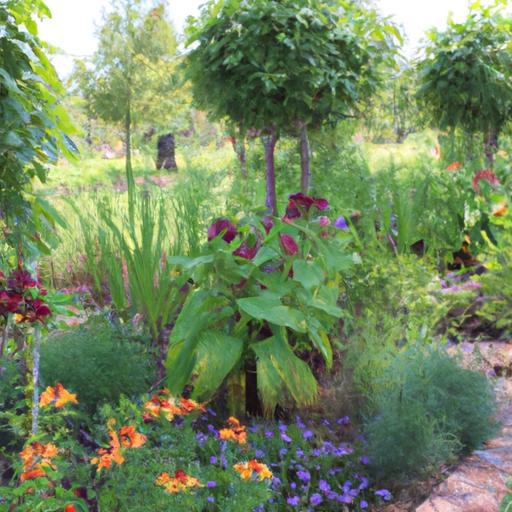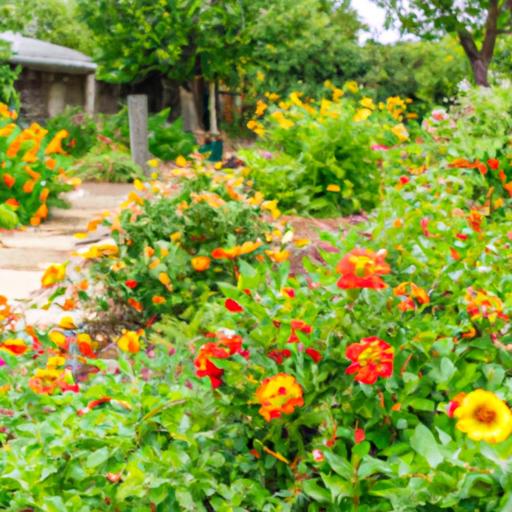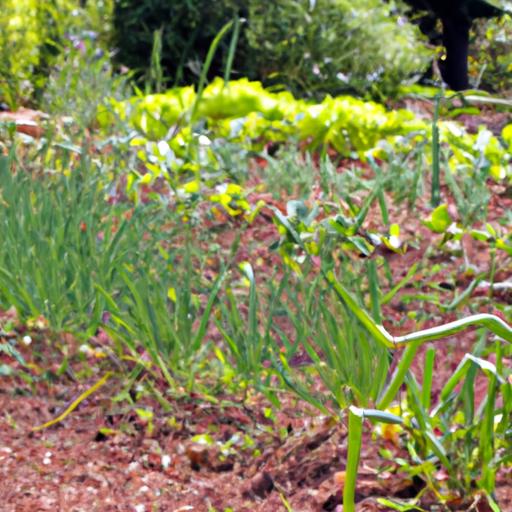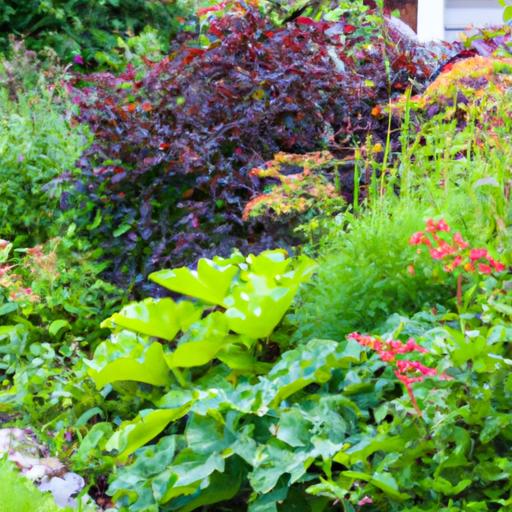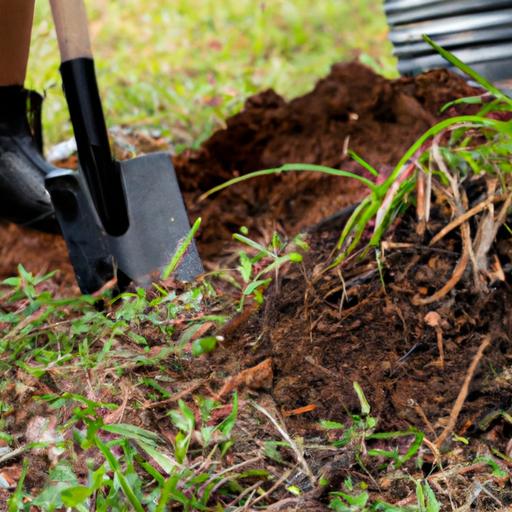Benefits of Gardening for the Environment
Gardening not only brings beauty and tranquility to our lives but also plays a vital role in preserving the environment. Let’s delve into the various ways that gardening helps create a greener and more sustainable world.
A. Reduction of Carbon Footprint
When we engage in gardening, we actively contribute to reducing our carbon footprint, benefiting the environment in multiple ways. Firstly, plants absorb carbon dioxide, a greenhouse gas responsible for climate change, during photosynthesis. By cultivating a garden, we create more opportunities for plants to thrive and absorb larger amounts of carbon dioxide, helping to mitigate the impact of this harmful gas.
Moreover, gardening reduces our dependence on fossil fuels for food transportation. By growing our own fruits, vegetables, and herbs, we minimize the need for long-distance transportation and the associated emissions. Imagine the positive impact we can make by cutting down on the carbon emissions produced by trucks and planes that transport food from distant farms!
B. Enhancement of Biodiversity
Gardens act as miniature ecosystems, offering a sanctuary for various species. By cultivating plants that attract birds, butterflies, bees, and other beneficial insects, we promote biodiversity within our own backyard. These creatures play essential roles in pollination, ensuring the reproduction of plants and the production of our food. They also provide natural pest control, reducing the need for harmful chemical pesticides.
Additionally, gardening allows us to create habitats for different species. By incorporating native plants in our gardens, we provide food and shelter for local wildlife, supporting their survival and contributing to the overall biodiversity of our surroundings.
C. Preservation of Soil Health
Gardening practices that focus on maintaining soil health are crucial for the environment. Gardens help prevent soil erosion, which can lead to the loss of valuable topsoil and the pollution of nearby water bodies. The roots of plants hold the soil in place, minimizing erosion caused by wind and rain. Furthermore, gardening techniques like mulching and composting improve soil structure and fertility, ensuring the long-term health and productivity of the land.
In the next section, we will explore how gardening contributes to water conservation and the positive impact it has on air quality. Stay tuned to discover more about the environmental benefits of gardening!
Conclusion
Gardening is not just a hobby; it is a powerful way to make a positive impact on the environment. Throughout this article, we have explored the various ways in which gardening helps the environment. From water conservation to air quality improvement and sustainable food production, the benefits are numerous.
By efficiently using water resources through proper watering techniques and mulching, gardeners can contribute to water conservation efforts. Additionally, gardening helps reduce water pollution by preventing chemical runoff from synthetic fertilizers and allowing rainwater to be naturally filtered through gardens.
Furthermore, gardening plays a significant role in improving air quality. Plants purify the air by removing pollutants through respiration and absorbing harmful gases and particulate matter. The shading and cooling effects of trees and plants also reduce the need for air-conditioning and heating, leading to energy savings.
Moreover, gardening contributes to sustainable food production. Organic gardening practices, such as avoiding synthetic pesticides and fertilizers, prioritize natural pest control and composting. By growing locally sourced and seasonal produce, gardeners can reduce food miles and associated emissions, while also supporting local farmers and the economy.
In conclusion, gardening is a powerful tool for individuals to make a positive impact on the environment. By practicing water conservation, improving air quality, and promoting sustainable food production, gardeners contribute to a greener and more sustainable future. So why not pick up a shovel and start gardening today? The environment will thank you, and you’ll enjoy the beauty and rewards of your own little piece of nature.
